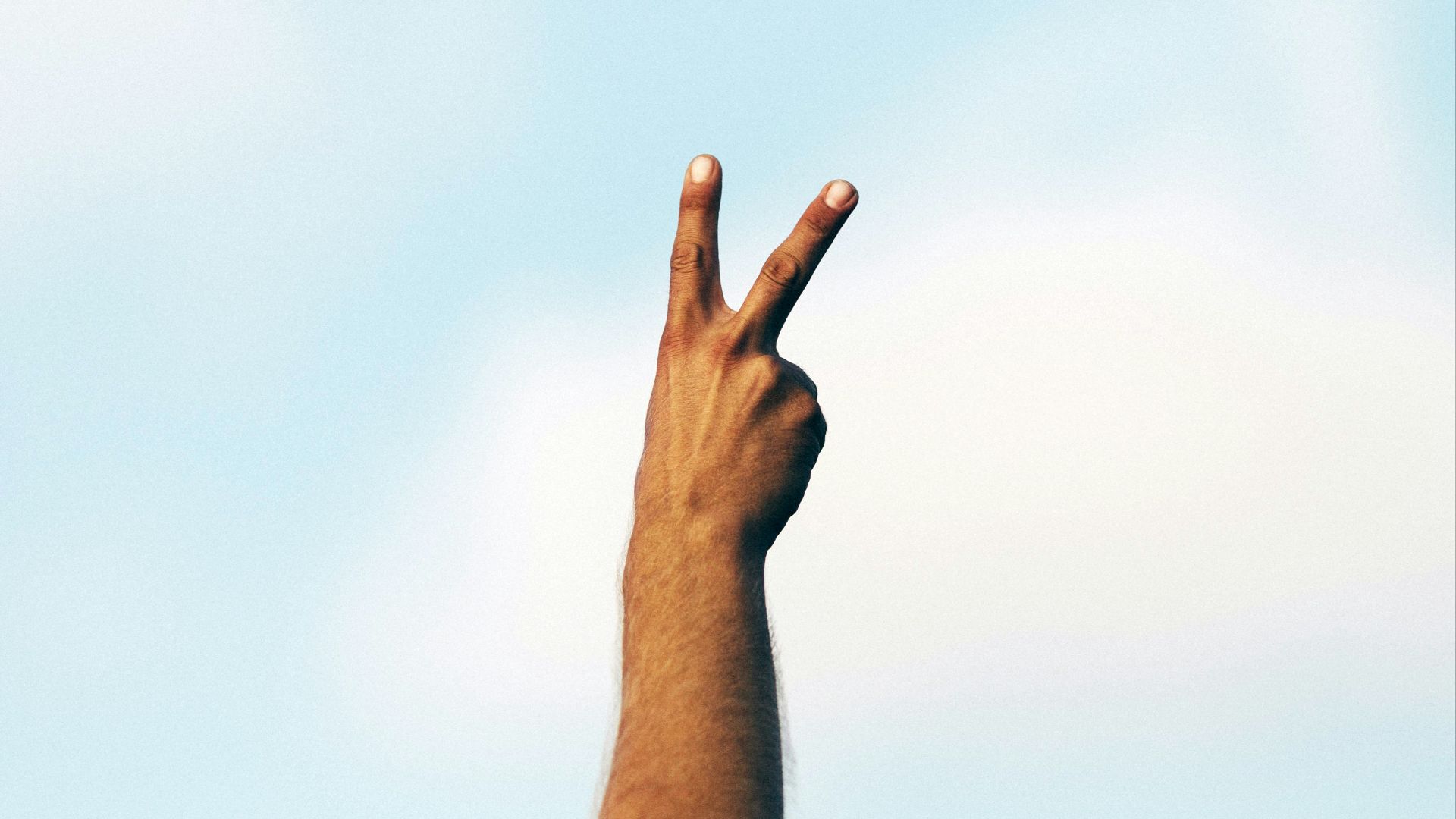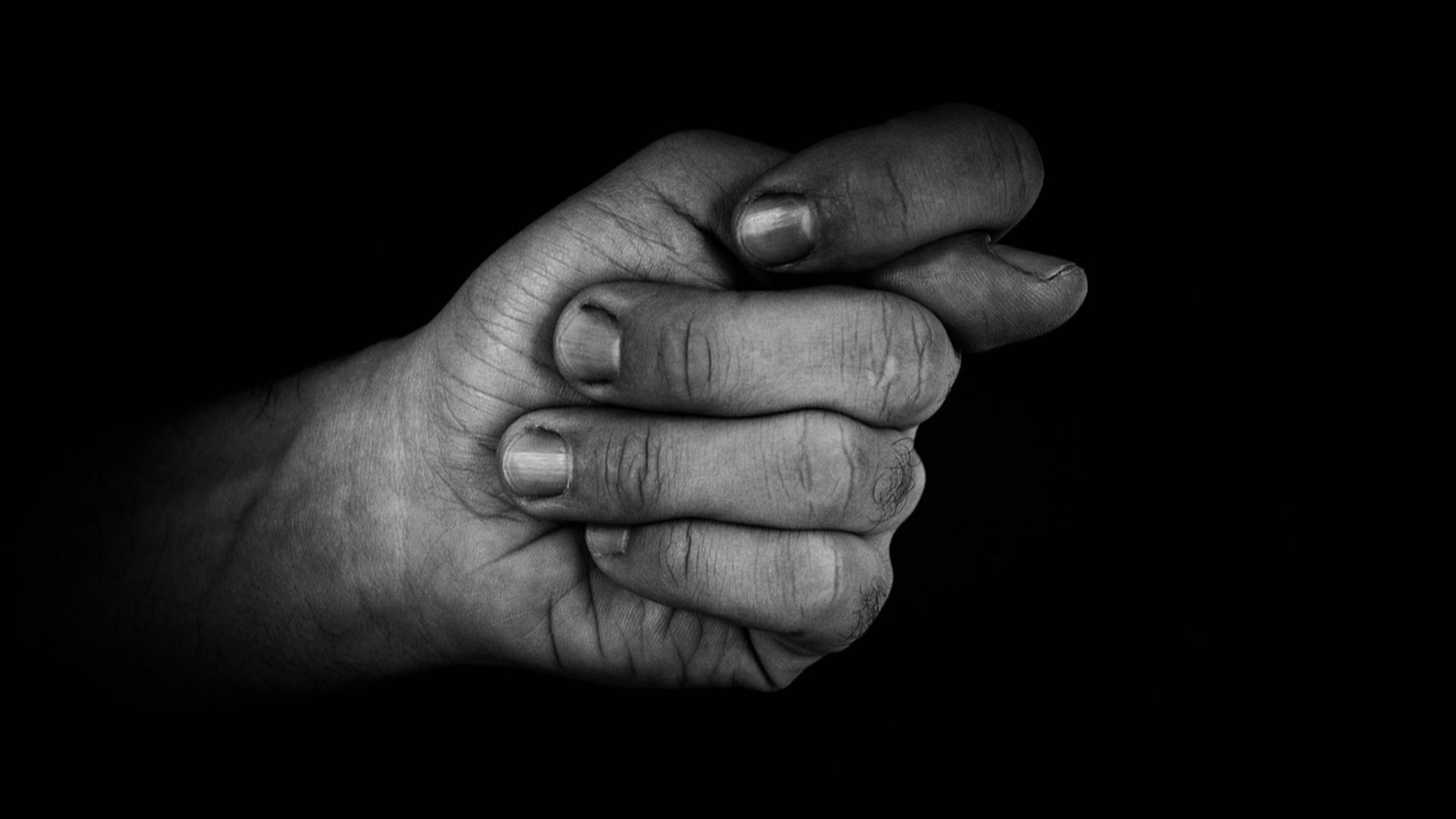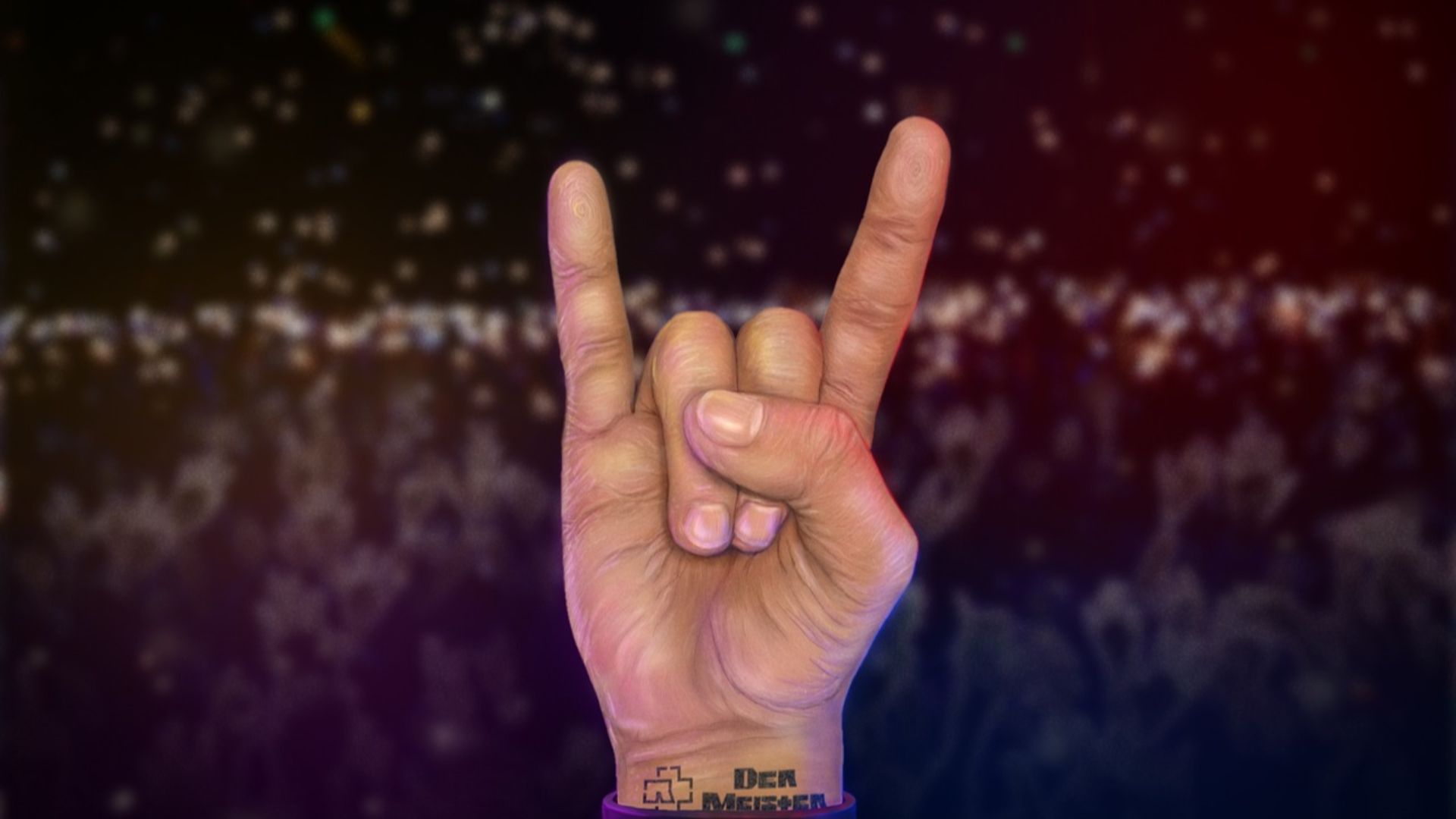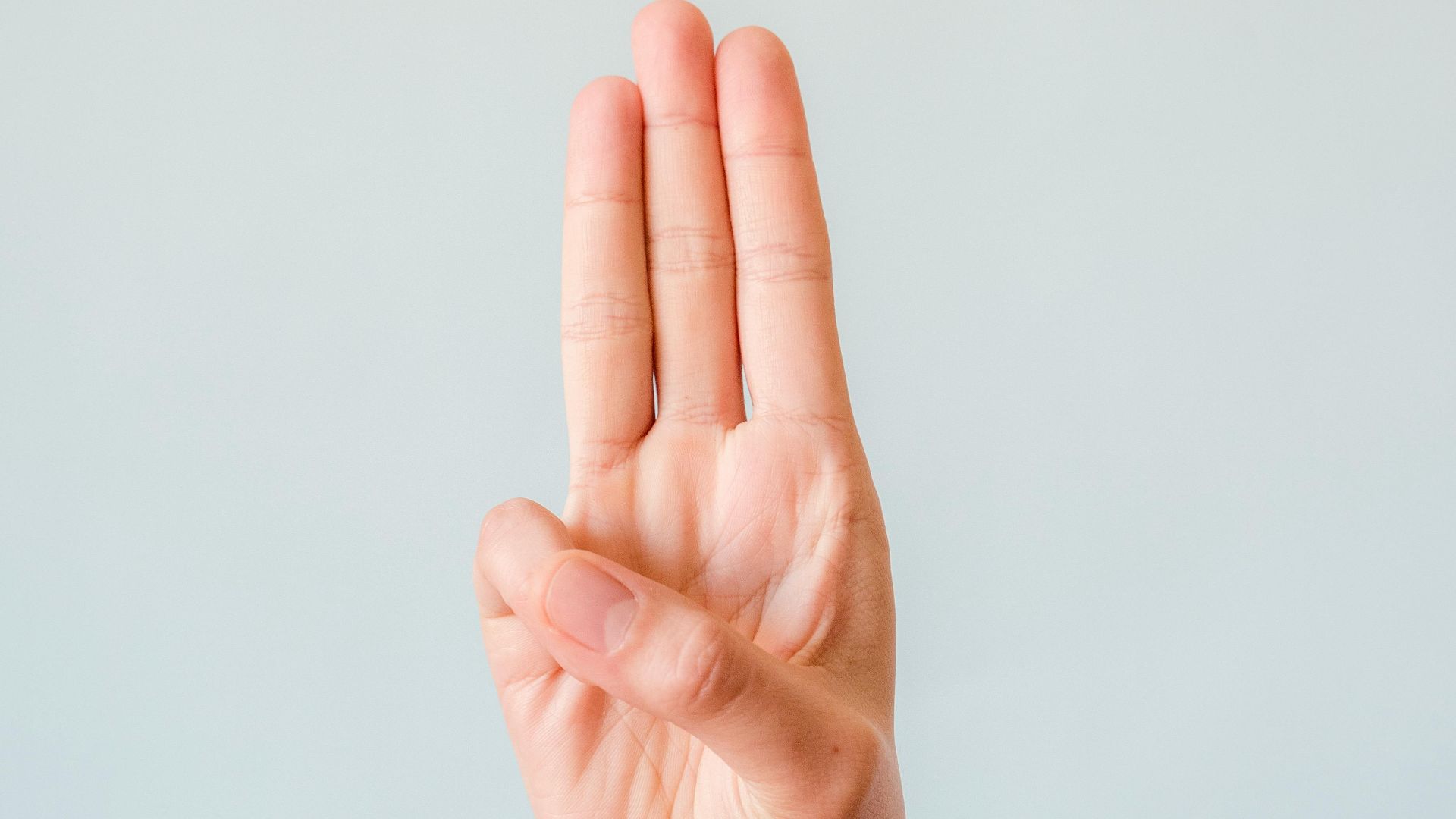Hand Gestures That Could Cause Trouble
You might think a thumbs-up or an 'OK' sign are perfectly acceptable gestures to use around the globe, but think again. It's not just the middle finger that can offend, many of the everyday hand signals that seem harmless in your home country can carry entirely different meanings elsewhere. Here are 20 offensive gestures you should avoid doing in certain countries.
1. Thumbs Up
Flashing a thumbs-up to indicate that you mean well seems harmless, right? Wrong. While this has a positive connotation in most countries, like the United States, Canada, Japan, and Germany, elsewhere—including Australia, Greece, Iran, Sardinia, Russia, and some areas of West Africa—it's an offensive gesture with a meaning equivalent to the middle finger.
2. 'OK' Sign
Similar to giving someone the thumbs-up, the 'OK' sign is another widely used gesture that means what it's originally intended to mean: that something is 'okay.' But in France and Germany, this sign is flipping someone the bird. In countries like Brazil, Venezuela, Greece, Spain, and Turkey, this gesture is extremely offensive as it's interpreted as a certain body part and can be seen as homophobic.
3. 'V' Sign
The peace sign is another casual gesture used by most, especially when posing for photos. But which direction your palm faces—outward or inward—can make a difference. In the UK, Australia, and New Zealand, throwing a 'V' sign with your palm facing inward is like giving someone the finger and can mean "up yours!"
4. The Fig
The fig hand gesture is forming a fist with your thumb between your index and middle finger. While some may know this from the "I got your nose!" game, it's not taken with the same meaning in Turkey, Russia, and India, where it's equivalent to the middle finger. In other countries like Japan, Indonesia, and the Netherlands, this gesture is considered vulgar and obscene, as it depicts an intimate act.
5. Horns or Rock 'n Roll Sign
Next time you want to hold your hands up in a rock 'n roll gesture, think again. While this might be fine and dandy at a rock concert, context matters. Don't flash this sign casually in countries like Greece, Italy, Portugal, Spain, and Brazil, where the horns mean that you're indicating the recipient's partner is being unfaithful.
6. Crossed Fingers
Crossing your fingers is a way to wish for good luck and fortune, but it can also have a different connotation in other contexts. For one, doing this sign behind your back means the opposite—that you're lying. In Vietnam, crossing your fingers is a vulgar gesture as it resembles a woman's genitalia.
7. Chin Flick
Flicking the back of your fingers outwards under your chin is considered offensive in Belgium, Italy, France, and Tunisia. In these countries, this gesture means "get lost," "go away," or "I don't care," so be mindful if you need to scratch an itch on your chin in these regions.
8. The Moutza
Telling someone to "talk to the hand" by showing them your palm can be considered rude or, in other contexts, playful, but when in Greece, you want to avoid this gesture entirely. It's a sign that dates back to as far as the 4th century A.D., when feces were shoved into prisoners' faces.
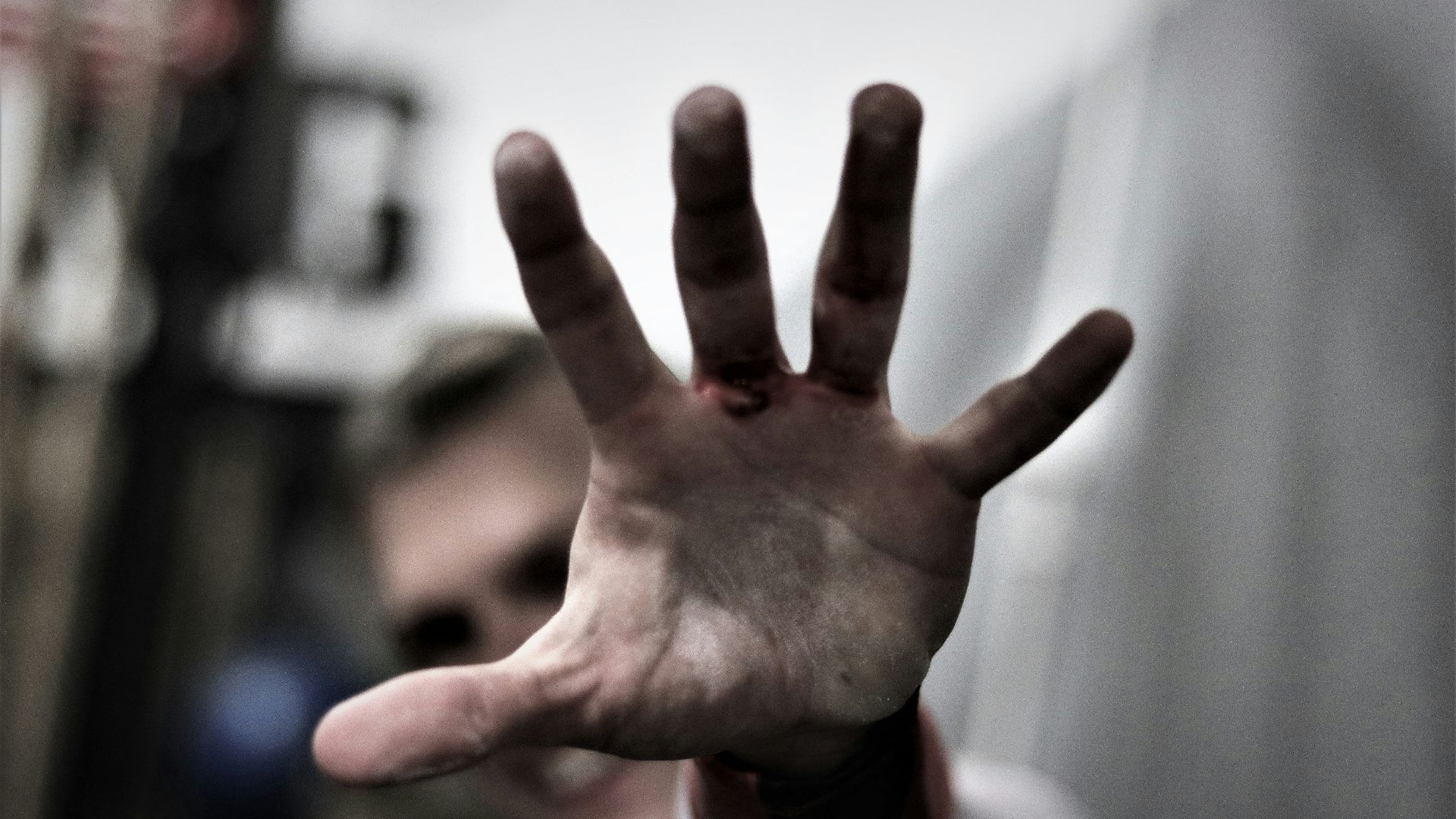 Krzysztof Maksimiuk on Unsplash
Krzysztof Maksimiuk on Unsplash
9. Three-Fingered Salute
You might be familiar with this gesture if you've seen The Hunger Games. Popularized by the series, the three-fingered salute went on to symbolize pro-democracy and revolution in parts of Asia, like Thailand, Myanmar, and Hong Kong.
10. Middle Finger
Most people are aware that flashing someone the middle finger is inappropriate and offensive. But in some Arab countries, this seemingly universal gesture has no meaning at all or an entirely different meaning altogether.
11. Pointing
Pointing at strangers is rude in general, but in some countries, this gesture is considered offensive no matter what you're pointing at. This is true for Arab countries, as well as Africa, Asia, and parts of the Mediterranean. If you need to point, do so with your whole hand.
12. Beckoning Sign
While the beckoning sign—extending a curled index finger—can seem playful and signal someone to "come here," it's considered widely offensive in some countries where it's used strictly on animals and pets. Labelled sometimes as the "dog call" gesture, you don't want to be doing this sign in the Philippines, for one.
13. The '#1' Sign
Flashing your index finger might mean "#1" in some countries, but in others, like Greece, Russia, and the Middle East, this is equivalent to a middle finger and can be interpreted as a threat or insult. Make sure to be mindful when traveling in these regions.
14. Receiving Gifts with One Hand
Though not considered necessarily offensive, receiving gifts from someone with one hand is seen as disrespectful and rude in countries like Japan, South Korea, China, and Vietnam. Instead, you should accept with both hands to show gratitude. You should also avoid using your left hand in India and the Middle East, as it's seen as the "dirty" hand.
 Kira auf der Heide on Unsplash
Kira auf der Heide on Unsplash
15. Shaking Fists
Shaking your fists might be a playful thing to do, and in Austria, shaking both fists with your thumbs tucked in is used to wish someone good luck. However, this gesture can also be seen as threatening, like you're asking someone to fight.
16. Touching Someone's Head
You probably wouldn't be touching random people's heads anyway, but make sure you're extremely careful in countries where Buddhism is widely practiced, like Thailand, China, Cambodia, and Laos. A person's head is regarded as a highly sacred place in this religion, so keep your hands to yourself.
17. Crossed Arms & Legs
You might sometimes cross your arms when you're bored or just zoning out, but in other countries, like Finland, it can be seen as a blatant sign of arrogance. On the other hand, crossing your legs is considered rude and disrespectful in Asian countries like Japan, especially when sitting across someone older than you.
18. Tapping the Forehead
If you're using this gesture to point to the head, don't do it in the Netherlands. There, tapping your forehead at someone means you're implying they're crazy or dumb. The same goes for tapping against your temple.
19. Forearm Jerk
The forearm jerk consists of making a fist with one hand and raising your arm in front of you, while smacking your bicep with your other hand as you cross it over your chest. Known also as the European forearm jerk (or Iberian slap), it's considered a more extreme version of flipping someone the bird. It can also have a vulgar connotation in countries like the UK and Germany.
20. The Cutis
Not only is flicking your chin considered rude, but flicking the front of your teeth with your thumb will also get you kicked out of establishments in India and Pakistan. This gesture is equivalent to saying, "Screw you!"





